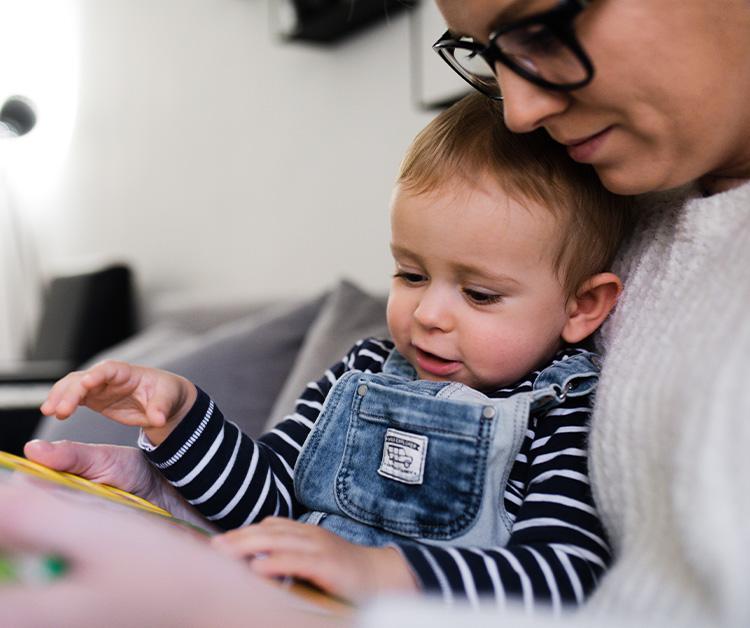
Though the ability to hear develops in the womb, listening is learned as a child grows and discovers his world. Here are everyday ways you can build your toddler’s listening skills.
It can certainly be said about children: “Hearing and listening aren’t the same thing.” Most children are born being able to hear, but being able to really listen—to instructions and warnings, to parents, teachers, and friends—is a skill that your child needs to learn.
Mostly it’s all about getting practice in everyday ways. Try these six tips to help sharpen your toddler’s listening skills.
The simplest way to build a strong listening foundation is through plain old face-to-face communication. Even before toddlers can speak well, they’re listening to you. Describe what’s happening throughout the day. At the end of the day, recap what you did together. Your toddler is eager to learn information about the world and pays close attention to your words in order to get it.
It’s more interesting for your child to follow than a flat monotone or mumble.
Use simple sentences: “Bring me your shoes.” It’s too confusing for a toddler to follow when you use too many words or string together too many directions (“After you put your toys away, I want you to bring me your shoes and your blue socks”). Over time you can work up to adding more detail to your messages.
Giving directions for routine activities is a good way to practice listening skills: “Hand me your green cup.” “Let’s put soap on our hands to wash them.”
It’s more effective to tell your child what he can do, rather than what he can’t. For example, instead of saying, “Don’t run in the street!” try, “Hold my hand while we go across the street.”
You may already know that reading builds a child’s vocabulary. But interacting together over a book also sharpens listening skills. Ask questions: “Where’s the red bird? What do you think will happen next?” One reason kids like to hear the same story over and over is that it helps them to learn and predict what comes next.
Ask your child to put his hands over his eyes. Ask, “What can you hear? Can you hear the lawn mower outside? Can you hear birds? What else can you hear?” See how many sounds you can name.
All information on Enfamil, including but not limited to information about health, medical conditions, and nutrition, is intended for your general knowledge and is not a substitute for a healthcare professional's medical identification, advice, or management for specific medical conditions. You should seek medical care and consult your doctor or pediatrician for any specific health or nutrition issues. Never disregard professional medical advice or delay seeking medical treatment, care, or help because of information you have read on Enfamil.